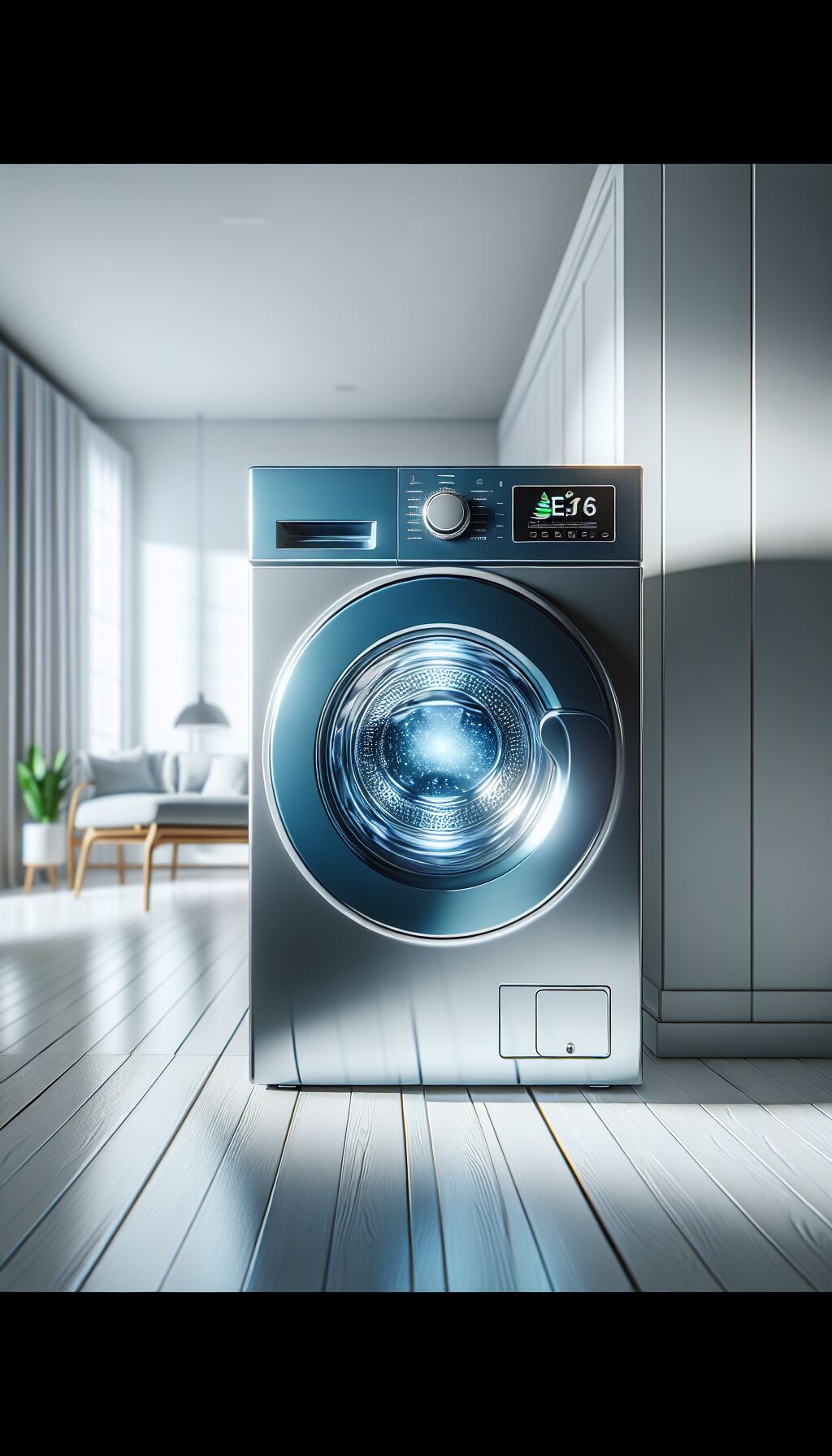Biden Administration’s Appliance Efficiency Regulations: Impacts and Backlash
The Biden administration has intensified its focus on tightening efficiency standards for household appliances, viewing this initiative as a critical component of its broader climate agenda. Over the past four years, these regulations have stirred discussions and debates among policymakers, industry experts, and manufacturers.
The Rationale Behind Stricter Standards
According to Secretary of Energy Jennifer Granholm, improving the efficiency of household appliances represents one of the most effective strategies to significantly reduce energy costs and cut down harmful carbon emissions. “Making common household appliances more efficient is one of the most effective ways to slash energy costs and cut harmful carbon emissions,” Granholm stated. Her department is committed to promoting the adoption of green energy alternatives at the household level, aligned with the administration’s environmental priorities.
Concerns from Manufacturers and Experts
Despite the administration’s claims, numerous energy experts and appliance manufacturers are sounding alarms about the implications of the new regulations. They argue that the current proposals could lead to significantly higher prices for consumers while offering less effective appliances compared to existing models.
Ben Lieberman, a senior fellow at the Competitive Enterprise Institute, articulated these concerns: “What these mandates – what these standards do is enforce a level of efficiency that doesn’t make sense,” he explained. “And they compromise product quality. We’ve already seen this to an extent with the cost of clothes washer standards.”
Stricter Energy Standards for Washers and Dryers
The Department of Energy (DOE) has recently introduced stringent regulations for residential clothes washers and dryers, projected to take effect soon. Under these new standards, the regulation would prevent the sale of certain less-efficient washers and dryers. The DOE anticipates that these regulations will save American households around .2 billion annually on utility bills and reduce nearly 71 million metric tons of harmful carbon dioxide emissions over the next thirty years.
Nevertheless, the Association of Home Appliance Manufacturers cautions that these regulations could disproportionately affect low-income households, eliminating cheaper options from the market. They argue that, despite the administration’s assertions of promoting innovation and consumer savings, the reality may lead to higher costs and compromised performance of household appliances. A spokesperson for the DOE insisted that the proposed standards would not diminish product performance or cleaning efficiency.
The Push for Low-HFC Technologies
In a parallel move to reduce greenhouse gas emissions, the Environmental Protection Agency (EPA) finalized rules in 2023 aimed at accelerating the transition to advanced refrigeration and cooling technologies. These new regulations target hydrofluorocarbons (HFCs)—chemicals commonly found in household appliances. The agency’s goal is to phase out HFCs, achieving an ambitious 85% reduction by 2036, with implementation set to begin in 2025.
However, industry insiders are predicting that this regulation may lead to price hikes of up to 20%, further burdening consumers.
Controversy Surrounding Gas-Stove Regulations
Another contentious aspect of the Biden administration’s appliance regulations involves gas-powered stovetops. In February 2023, the DOE proposed regulations that would ban the sale of gas stoves consuming more than 1,204 thousand kBtu annually, targeting approximately 50% of currently used gas stove models. This move prompted strong criticism from the restaurant sector and culinary professionals.
Peter Petti, an executive chef from a New York City restaurant, expressed his frustration, emphasizing the essential role of gas stoves in high-volume kitchens: “Gas lets us do our job efficiently.” In response to backlash from Republican lawmakers and consumer advocacy groups, the DOE has since moderated its position, deciding that only 3% of gas stove models will be affected by the new regulations.
Impact on Light Bulb Standards
The Biden administration has also implemented drastic efficiency standards for light bulbs, mandating manufacturers to increase the efficiency of common light bulbs from 45 lumens per watt to more than 120 lumens per watt—a nearly 170% increase. This regulation, which is scheduled to take effect in 2028, will primarily benefit LED bulbs, leaving compact fluorescent bulbs on the outs.
The DOE predicts that this regulation will reduce greenhouse gas pollution significantly. However, it also suggests that the average price of compliant LED bulbs will rise from .98 to an estimated .68—a .70 per bulb increase. Current surveys indicate that less than half of households exclusively use LEDs as their primary lighting sources.
Regulations on Gas Furnaces and Ceiling Fans
In addition to the aforementioned initiatives, the DOE has set forth new efficiency regulations that entail prohibiting new non-condensing gas furnaces by 2028. These regulations seek to enforce a 95% annual fuel utilization efficiency in non-weatherized gas furnaces. Various industry organizations, including the American Gas Association, have responded with lawsuits, arguing that compliance costs may increase substantially for low-income households, seniors, and small businesses.
In yet another initiative, the Biden administration has tightened energy standards for ceiling fans, with the DOE claiming households could save approximately over the life span of energy-efficient ceiling fans. However, critics argue that the new regulations may jeopardize the viability of small ceiling fan manufacturers, potentially leading to significant job losses in the sector.
The Future of Appliance Regulations
As the 2024 election looms, the Biden administration’s appliance regulations may face considerable hurdles. President-elect Donald Trump is expected to challenge and potentially overturn many aspects of the current administration’s climate agenda if he takes office in 2025.
With tightening regulations on household appliances and persistent opposition from various industries, the future landscape of appliance efficiency standards remains uncertain. As the debate continues, the balance between environmental sustainability and consumer affordability will be a critical point of contention among lawmakers, manufacturers, and consumers alike.
Fox News’ Matteo Cina contributed to this report.










